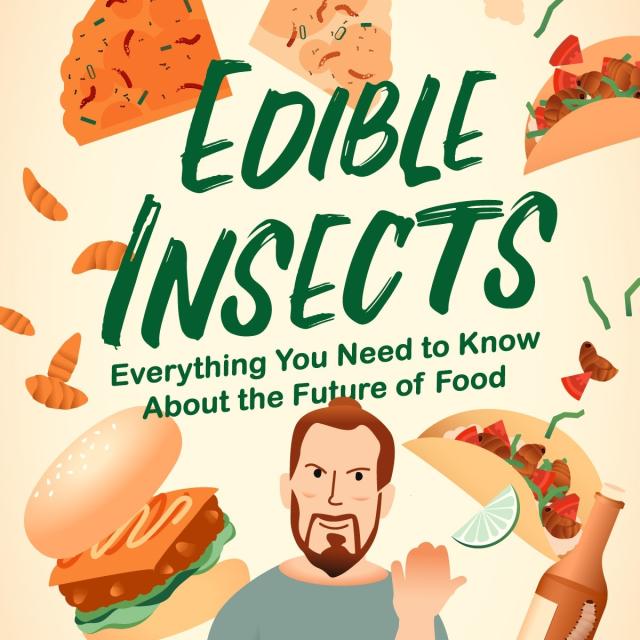MOOC List is learner-supported. When you buy through links on our site, we may earn an affiliate commission.

MOOC List is learner-supported. When you buy through links on our site, we may earn an affiliate commission.
This class examines all aspects of the edible insects question, with students taught a broad but thorough overview of the field and asked to consider questions in class about what role they think insects will play in their own food futures, and why they think this way.
What You Will Learn
- Think critically about why we eat certain things and not others, and the cultural influences that shape these views.
- Describe and evaluate the arguments driving the edible insect movement.
- Know examples of edible insects and other insect products worldwide.
- Be able to apply Diffusion of Innovations theory to food-related innovations.
- Understand in what directions the edible insect field is going, and perhaps decide what role they want to play in it.
Syllabus
WEEK 1
Welcome to Edible Insects!
Hello, everyone! Welcome to Edible Insects! This English language course covers the science and sociology of insects as food and feed. Increasing media, investment, and public policy attention has been given over the years to the role insects may play in the future of food. Can eating insects really save the world from famine and environmental destruction? Are there health costs or benefits to adding insects to the diet? Will all people accept insects as food? Can we feed them to livestock? Should we be promoting edible insects at all, and if so, how best do we do it? What species will we eat and how shall we raise them? This class examines all aspects of edible insects, with students taught a broad but thorough overview of the field and asked to consider questions in class about what role they think insects will play in their own food futures, and why they think this way.
WEEK 2
Why do we eat what we eat?
This lecture has students think deeply about what influences our ideas of “food,” challenging their previously held assumptions. Why do we eat some animals and not others? Why some parts of animals and not others? We will then introduce the concept of eating insects specifically, and a basic overview of Diffusion of Innovations theory, which will be applied throughout the course when discussing why insect eating has or has not been adopted in different parts of the world.
WEEK 3
Edible Insects Around the World
This lecture provides a broad overview of traditional and modern edible insects from around the world, and how these are changing with time.
WEEK 4
The Benefits (and Costs) of Edible Insects
In this lecture, students will learn and analyze the environmentalist argument in favor of eating insect protein, and debate the ethical issues of insect consumption. Students will also learn about the nutrition and safety of edible insects. By the end, students should be able to make a fact-based decision on whether eating insects is acceptable for them, and justify their choice.
MOOC List is learner-supported. When you buy through links on our site, we may earn an affiliate commission.
MOOC List is learner-supported. When you buy through links on our site, we may earn an affiliate commission.
